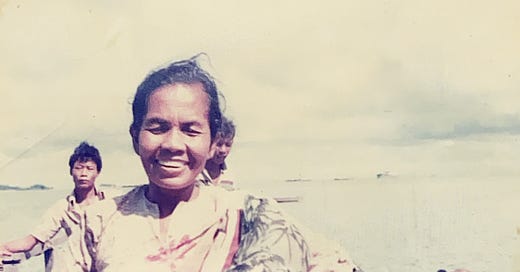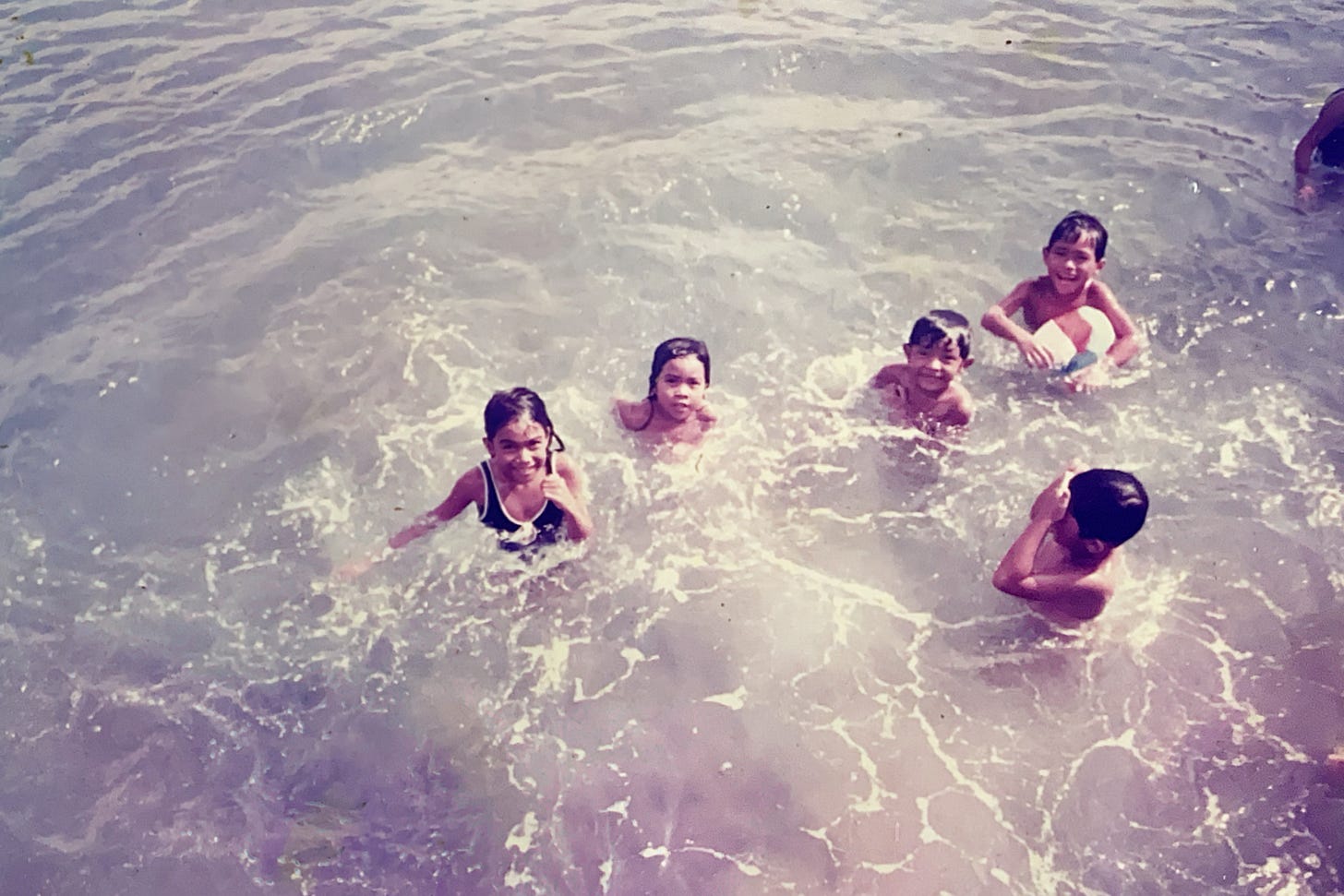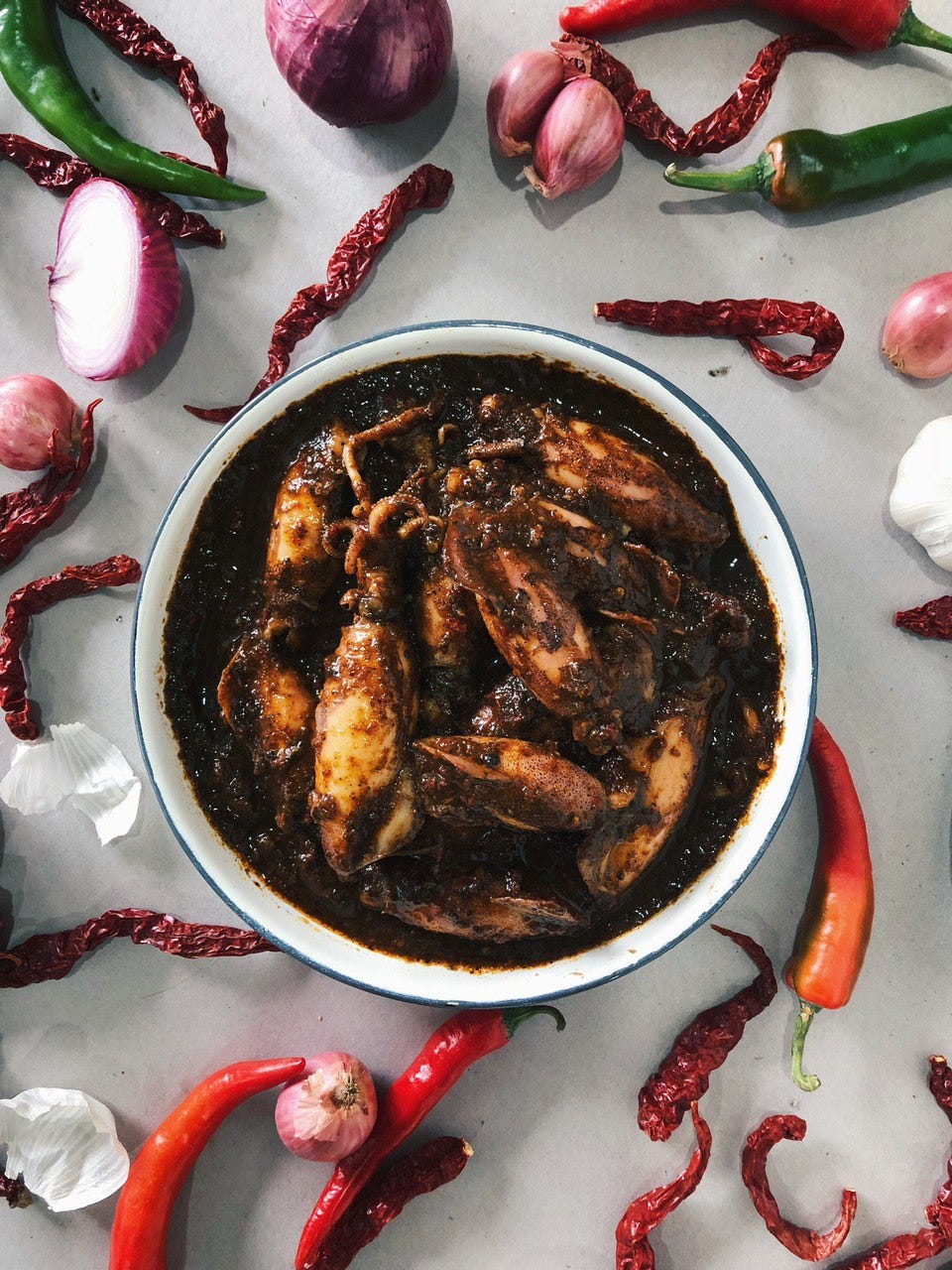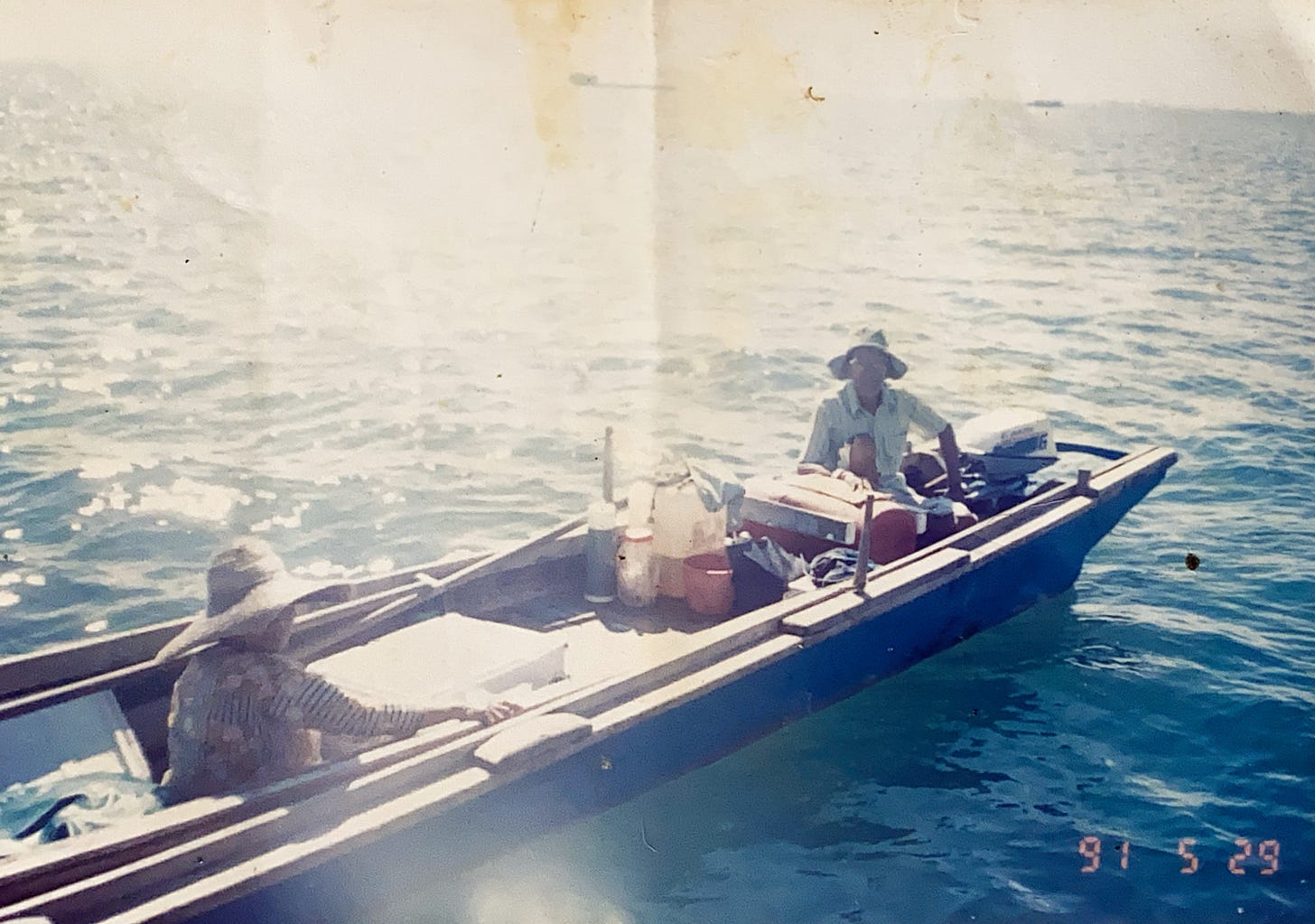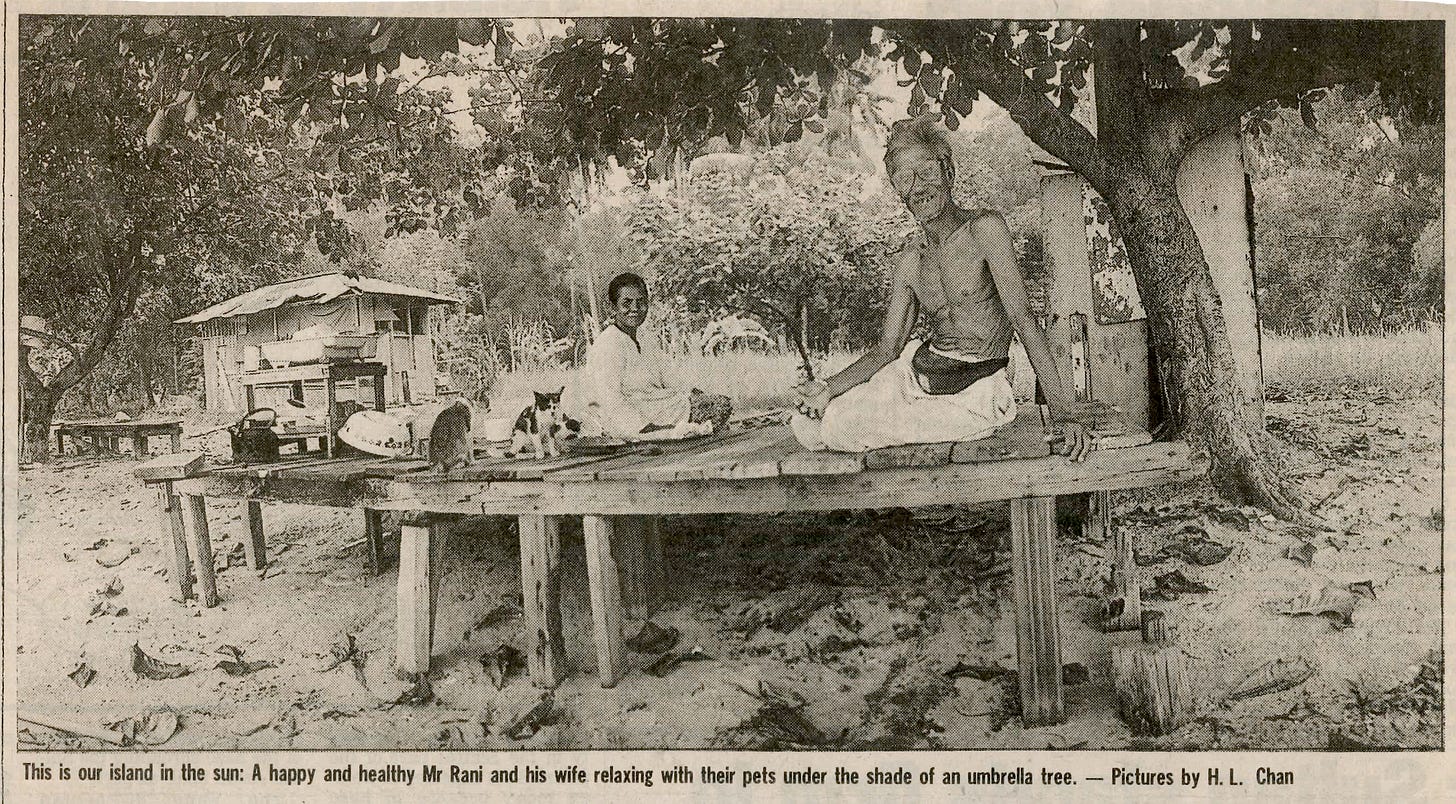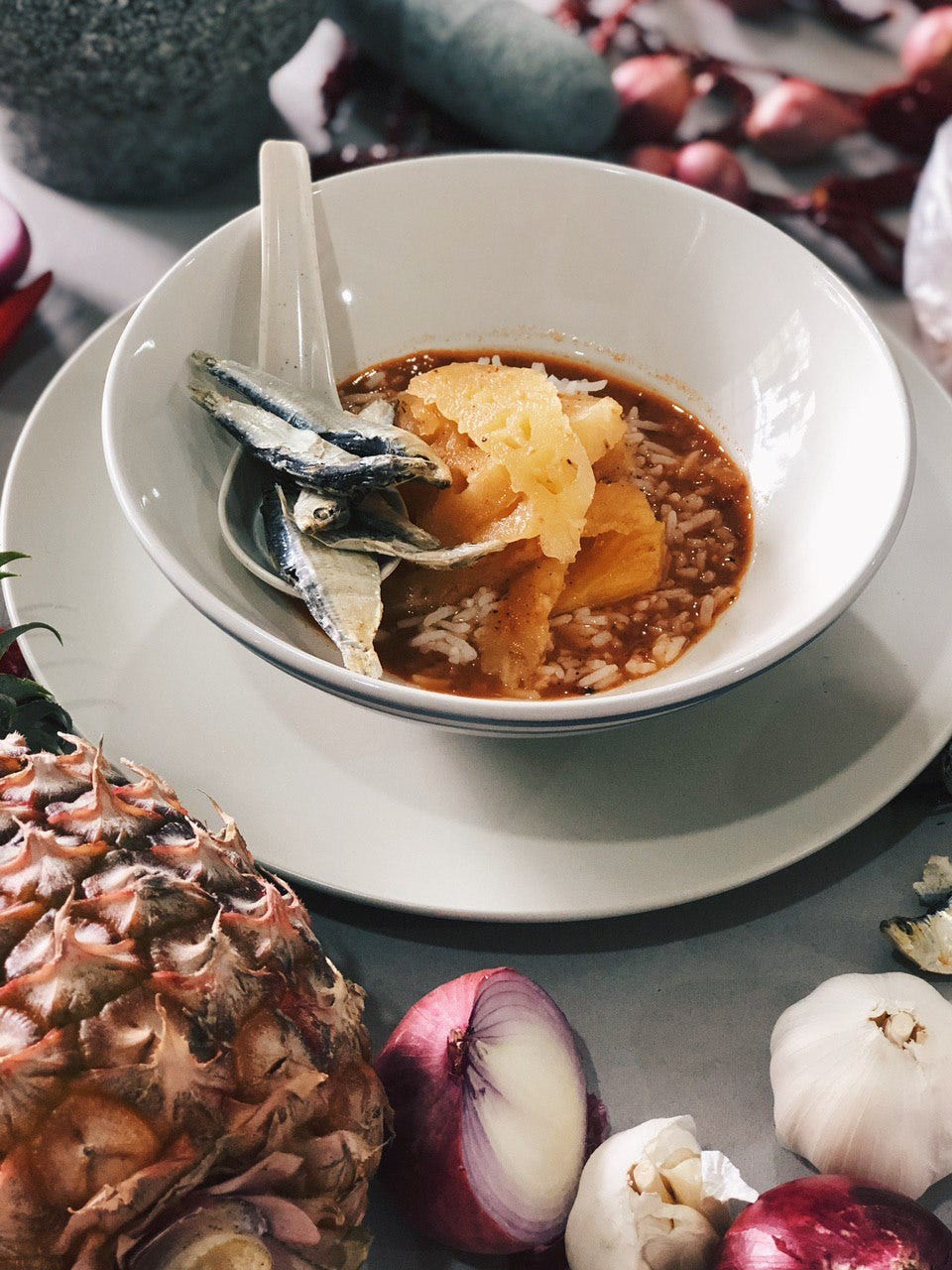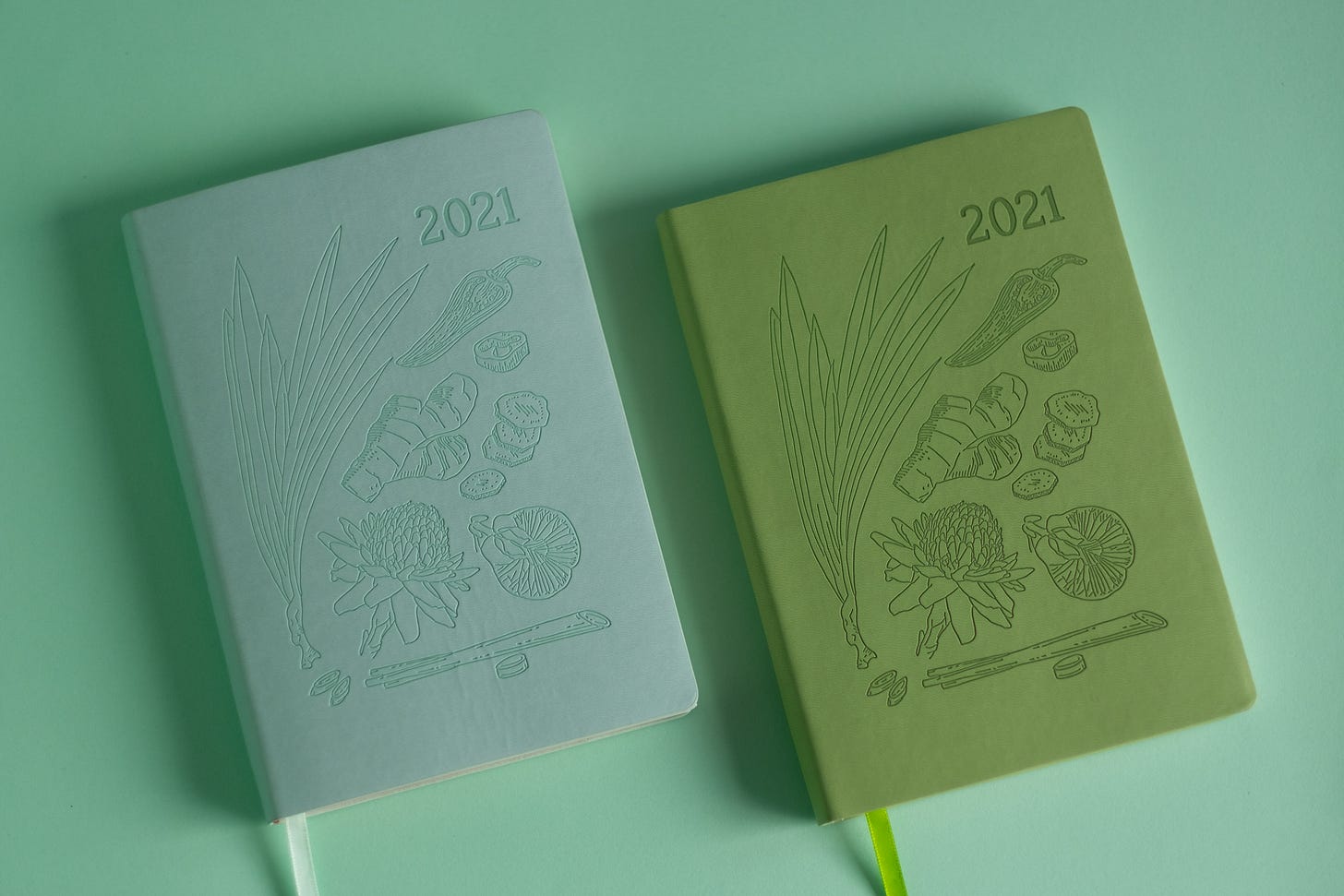One of the things I didn’t know about prior to moving to Australia was the existence of aboriginal culture here. It is that untold part of Australian history of the British occupying indigenous land, the reason why a significant number of Australians choose not to celebrate Australia Day and label it Invasion Day instead. I read Bruce Pascoe’s Dark Emu that makes the case that the natives of Australia had a rich culture and shared a very sympathetic relationship with the environment, prior to being ‘civilized’.
It reminded me of a play Wex and I watched on National Day, Merdeka by Wild Rice, a play that comprises the stories of Singapore that don’t make it into our history textbooks. It challenges what we have learnt in schools - that colonialism by the British was what brought prosperity to our sleepy fishing village - and questions why the beginning of colonialism is celebrated and what have we lost along the way.
For this week’s podcast, I speak with Firdaus Sani, a fourth generation Orang Laut, the indigenous people of Singapore, and founder of Orang Laut SG. I felt that this was a conversation that is particularly important to share, because the narrative of the Orang Lauts and their cuisine are not widely known. Below are some snippets of Firdaus’ story, supplemented with family photographs (thank you Fir!):
“Life back then was very simple. It was focused on fishing, on the things that we knew. We knew the types of seafood we could catch at different times of the day, the techniques of trapping them, how to find them. Is it during high tide or low tide? We know the kind of fish we’re catching just by the way it tugs on the line. These were all skills that were passed to us from our ancestors. The sea is what we know, that’s how we lived. We have a deep understanding and respect for the sea, of the life it can give.
At the peak of Pulau Semakau, there were 600 villages altogether. In 1974/1975, the village chief gathered everybody for an informal meeting, saying that the Jurong Town Countil (JTC) had sent us a letter to evacuate the island. There were opposing views but there was nothing to be done. My grandparents were the last to leave because they were very defiant.
When they left, my grandparents were compensated based on the length of their house and the number of fruit bearing trees in the surrounding area. In total, my grandparents received 3-4K for 12 people in their family and they used that money to relocate.
It was a huge struggle – most of my uncles only studied up to P6 and the skillsets they knew then wasn’t based on industry needs. They only knew fishing and living from day to day. Now these skills were void because they needed to survive city life. Their first concern was how to find food in the city. On the island, it was easy to find food. If you wanted to eat sotong hitam, you would go out at 2am and the next morning you can cook it. But in Singapore, you can’t just climb trees to get food.
At that point, my grandparents were 60+ years old. They didn’t know anything else and couldn’t function in Singapore, having lived at sea all their life. So my grandfather went back to the island and stayed on the boat from 1987-1991 with my grandmother.
In 1991, a journalist stumbled upon my grandparents who were there with their pets – two cats and a dog. There was no electricity or water - they were living like nomads just like how Orang Laut were. After 1991, we were not allowed to go back to the island anymore. My grandfather’s health deteriorated and he stayed mostly in Telok Blangah.
As you know today, Pulau Semakau is a landfill. A lot has changed. Pulau Semakau has now been reclaimed and joined with Pulau Seking to make sure that there’s enough space for it to function as a landfill. It used to be a kampong, but today, the remains of the houses have gone and the beach has completely submerged, possibly because of rising sea levels.
My main purpose of this project is to tell people that Pulau Semakau is more than a landfill. We have only two tangible things left - one is our photos and the other is our food. Our food makes us who we are and it shapes our identity.”
If you live in Singapore and are curious about Orang Laut cuisine, please consider supporting Firdaus and his family - I have heard amazing things about his family’s food and, if you listen to the full podcast episode, you can listen to Firdaus explain how the food he eats at home is different from the renditions of sotong hitam or assam pedas that you find at nasi padang stalls! Buying their food not only brings in income for the family, but also keeps Orang Laut SG sustainable as a platform so that more awareness can be raised about the Orang Lauts and their culture.
Quick update on the 2021 Planners: The planners will be dispatched middle of December! Qin Yi and I will get them to you as soon as we can and are so grateful to you all for being so understanding and patient with us! We can’t wait for the planners to reach you and your loved ones in time for Christmas. If you are contemplating getting the planners as Christmas gifts but have not made your orders, we highly recommend doing so before the first week of December, because we suspect we’d get super busy once the planners arrive on our doorstep! Thank you 🥰

